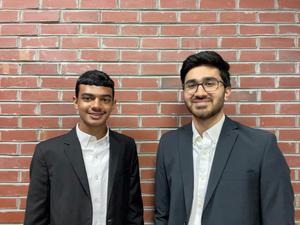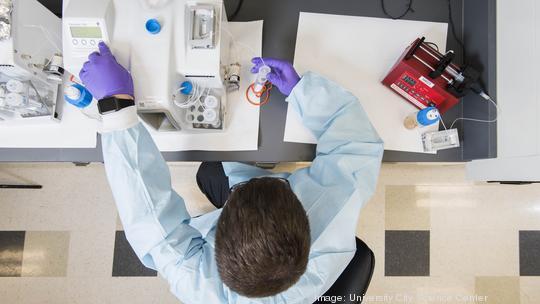
The startups in the University City Science Center’s Launch Lane accelerator represent the next phase of Greater Philadelphia’s digital health ambitions.
PHL Inno recently sat down with the latest Launch Lane cohort to have them give us their three-minute pitches — laying out what they do, why they do it and what they’re looking to do next in 2022.
Launch Lane is focused on helping digital health startups reach milestones like piloting a prototype, generating initial revenue, hiring and raising capital.
This year’s cohort, the fifth since Launch Lane started, was selected in March. It comprises home-grown Philadelphia companies, University of Pennsylvania spinouts, out-of-state life sciences startups, and international enterprises looking to plant a flag in the region.
The Science Center provided the eight companies with $200,000 collectively, with another $200,000 made available as each of the startups reaches development milestones. They’ve also been given access to the Science Center’s ic@3401 incubator for a year.
Launch Lane has worked with 35 startups since the program started, receiving a total of $1.4 million from the Science Center. Participating startups have gone on to raise more than $100 million in funding, generate $50 million in revenue and create more than 300 jobs, according to the Science Center.
Launch Lane has helped spawn alumni including Lia Diagnostics, which brought to market its flushable pregnancy test in March, and Biomeme, which developed a rapid Covid-19 test during the pandemic.
Here are the members of the 2021 Launch Lane cohort and their pitches:
Clinicor
Philadelphia
Founder: Anjali Bhatla
What they do: Clinicor is building a digital prescription clinic for heart failure patients that optimizes guideline directed medical therapy, or GDMT — a complex treatment system design based on adjusting patient medications. Clinicor tracks patients' symptoms while they are at home, allowing cardiologists to better adjust medication needs without patient visits.
Why they do it: Heart failure is a condition where the heart cannot pump enough blood and oxygen to support other organs in the body. Bhatia referenced a patient who was having difficulty breathing as a result of heart failure, a condition that could have been alleviated by proper medication. Heart failure affects 6.2 million adults in the United States, costing the country about $30.7 billion through the cost of health care, medicine and missed days at work, according to the Centers for Disease Control and Prevention.
What they’re raising: Clinicor is running a pilot with Penn Medicine’s cardiology team and will begin fundraising after the pilot ends in 2022.
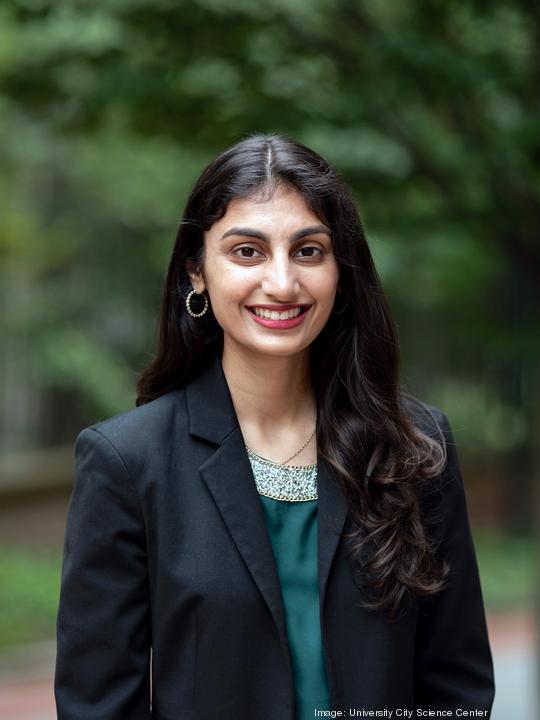
Gray Oncology Solutions
Montreal (U.S. headquarters is in Philadelphia)
Founder: André Diamant
What they do: Gray is working to optimize oncology workflows so cancer patients can get efficient treatment.
What they’re raising: Gray has raised $1 million from a number of Canadian angel investors since joining the Launch Lane cohort. The startup will use the funding to break into the U.S. market.
*Diamant was not present during the pitch session.
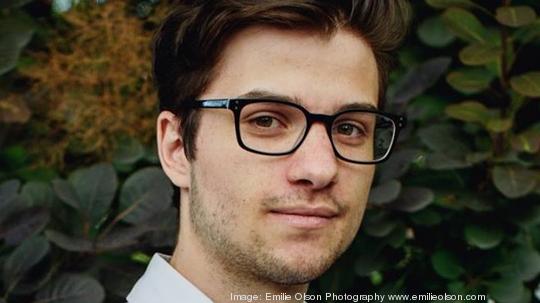
Lara Health
London (U.S. headquarters is in Philadelphia)
Founder: Martina Janeckova, a former marketing director and head of business development for a number of London-based companies
What they do: Lara Health is an automated platform that lets doctors improve in-person patient care and boost reimbursements through virtual programs like remote patient monitoring and workflow digitization. The startup combined programs like video visitation and other telehealth programs to make Lara Health a singular platform for busy doctors.
Why they do it: Covid-19 led to a surge of new available reimbursements for virtual care, which doctors are not taking advantage of, Janeckova said. Lara Health wants doctors to provide better patient care at scale while increasing revenue for the practice without doing more work.
What they’re raising: Lara Health is raising $2 million to fuel its growth through hiring employees in sales and engineering and adding new programs. The platform soft launched this year.
Modal
Philadelphia
Founders: Juliette Mann and Cole Bender, dentistry students who attended the University of Pennsylvania
What they do: Modal built a platform for learning, teaching and sharing 3D dental images using cloud technology. The platform lets instructors create their own content for lectures or staff trainings using 3D images verified by dental professionals.
Why they do it: Dental schools spend upwards of $300,000 per graduating class on 3D supplemental technology, Mann said. While there is an influx of 3D technology in the medical space, there are not many platforms that allow instructors or practitioners to create interactive presentations.
What they’re raising: Modal is looking to raise about $500,000 in the spring of 2022 to support marketing, hiring software employees and getting the product into students’ hands. The startup is running pilots at several dental schools, which it’s looking to transform into paid subscriptions, as well as expanding existing agreements at other dental schools.
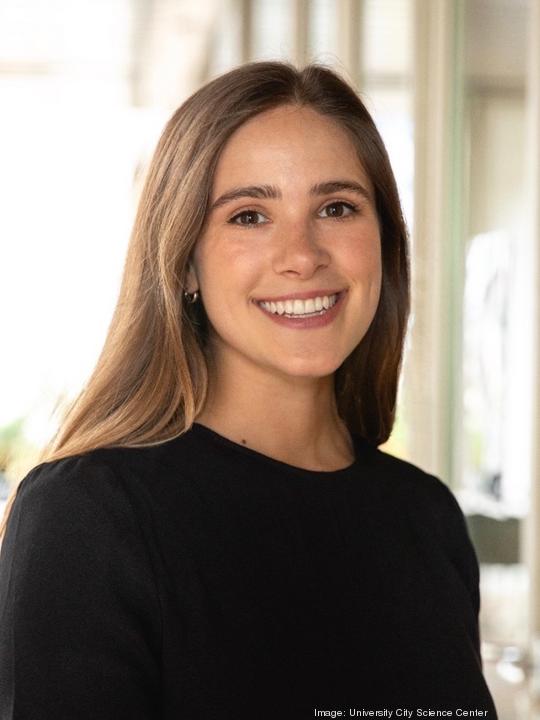
Neuralert
Philadelphia
Founders: Dr. Steven Messé, a physician with Penn Medicine specializing in neurology, and James Weimer, a research professor at the University of Pennsylvania’s department of computer and information science
What they do: Neuralert is building wearables that can detect symptoms of a potential stroke and alert hospital staff. The lightweight wristband constantly monitors for stroke symptoms.
Why they do it: Each year, nearly 800,000 people in the United States have a stroke, according to the CDC. The damage from a stroke can be minimized if a stroke is detected in time, CEO Eric Corkhill said.
What they’re raising: Neuralert is raising $1.5 million in seed financing to complete clinical studies and achieve U.S. Food and Drug Administration clearance. The startup has raised about $500,000 through angel investors and undisclosed venture capital firms, Corkhill said.
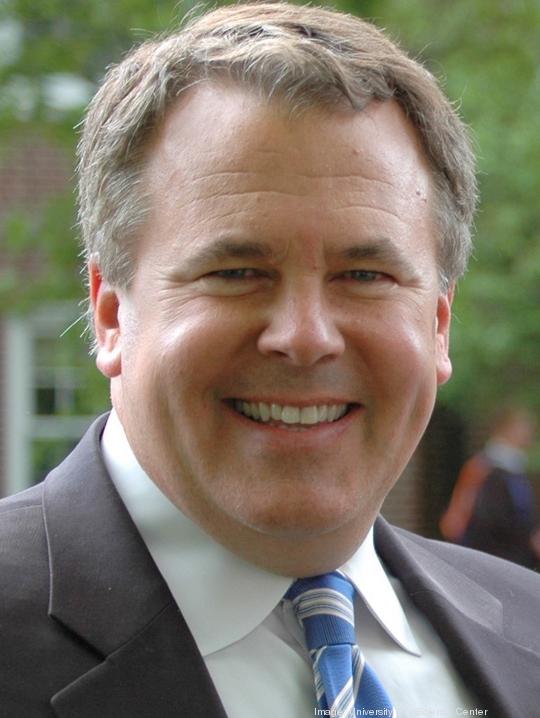
Opal HTM
White Plains, Maryland
Founder: Connor Roberts, a former electronics engineer with U.S. Naval Research Laboratory, and Susan McHale, a clinical engineering manager
What they do: Opal HTM built a patent-protected system that tracks where, when and how often hospital equipment is being used. The wireless modules connect to outlets and interface with medical devices to track usage.
Why they do it: Hospitals spend billions of dollars maintaining and procuring medical equipment, despite the equipment not being used constantly. Hospitals have no reliable way to track usage across all equipment. Opal HTM wants to help hospitals reduce inventory by up to 25% and cut maintenance in half.
What they’re raising: Opal HTM is looking to launch a pilot in a hospital system in 2022 with plans to raise about $500,000, Roberts said.
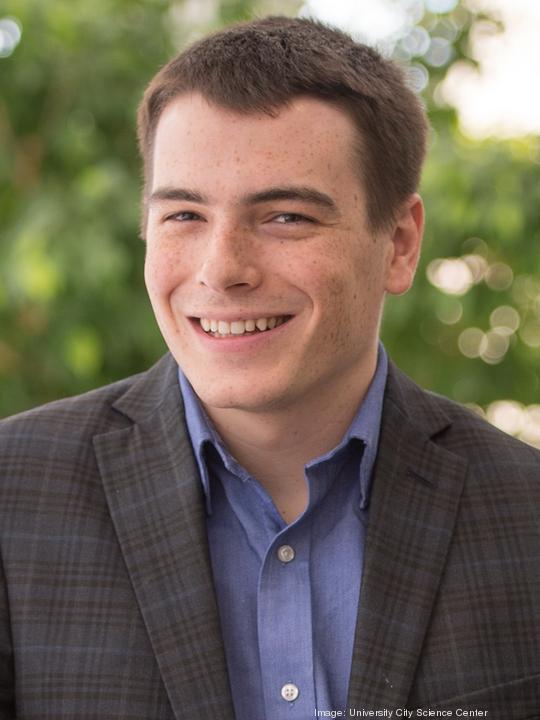
PopCheck Tech
Memphis, Tennessee
Founder: Dr. Erika Dillard, a physician from the University of Tennessee Health Science Center
What they do: PopCheck uses remote monitoring technology to identify real-time biomarkers that indicate patient risk of venous blood clots. PopCheck is developing a wearable that patients will use while they’re hospitalized and after they leave the hospital.
Why they do it: Venous clots are one of the leading preventable causes of death in the United States. Blood clots affect close to 900,000 Americans annually and lead to about 100,000 premature deaths, according to the CDC. About half of those blood clots are health care-related, due to a recent hospitalization or surgery, and about 70% of total blood clot cases are preventable.
What they’re raising: PopCheck is looking to raise $1 million to go through the beginning stages of the FDA regulatory process. The startup is working to determine and narrow down biomarker thresholds for its predictive algorithm that can identify potential clots, and it is working with a regulatory specialist. It has already received investments from the University of Memphis and Epicenter and $65,000 in non-dilutive funding.
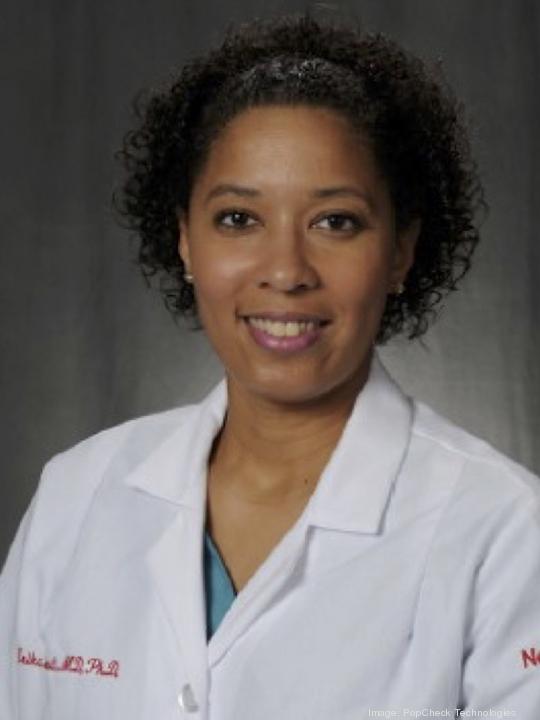
Vital Start Health
Philadelphia
Founder: Kirthika Parmeswaran
What they do: Vital Start Health is developing a digital therapeutic platform to treat postpartum depression and focus on maternal mental health. It is focusing both on the B2B and B2C segments, with hopes to impact 1 million mothers by 2030.
Why they do it: About one in eight women experience symptoms of postpartum depression, according to recent CDC research, and depression diagnoses at delivery are only increasing. Parmeswaran herself dealt with postpartum depression.
What they’re raising: Vital Start is seeking to raise a $1.5 million seed round in 2022 to hire employees and clinically validate its product. It has already raised $165,000.



